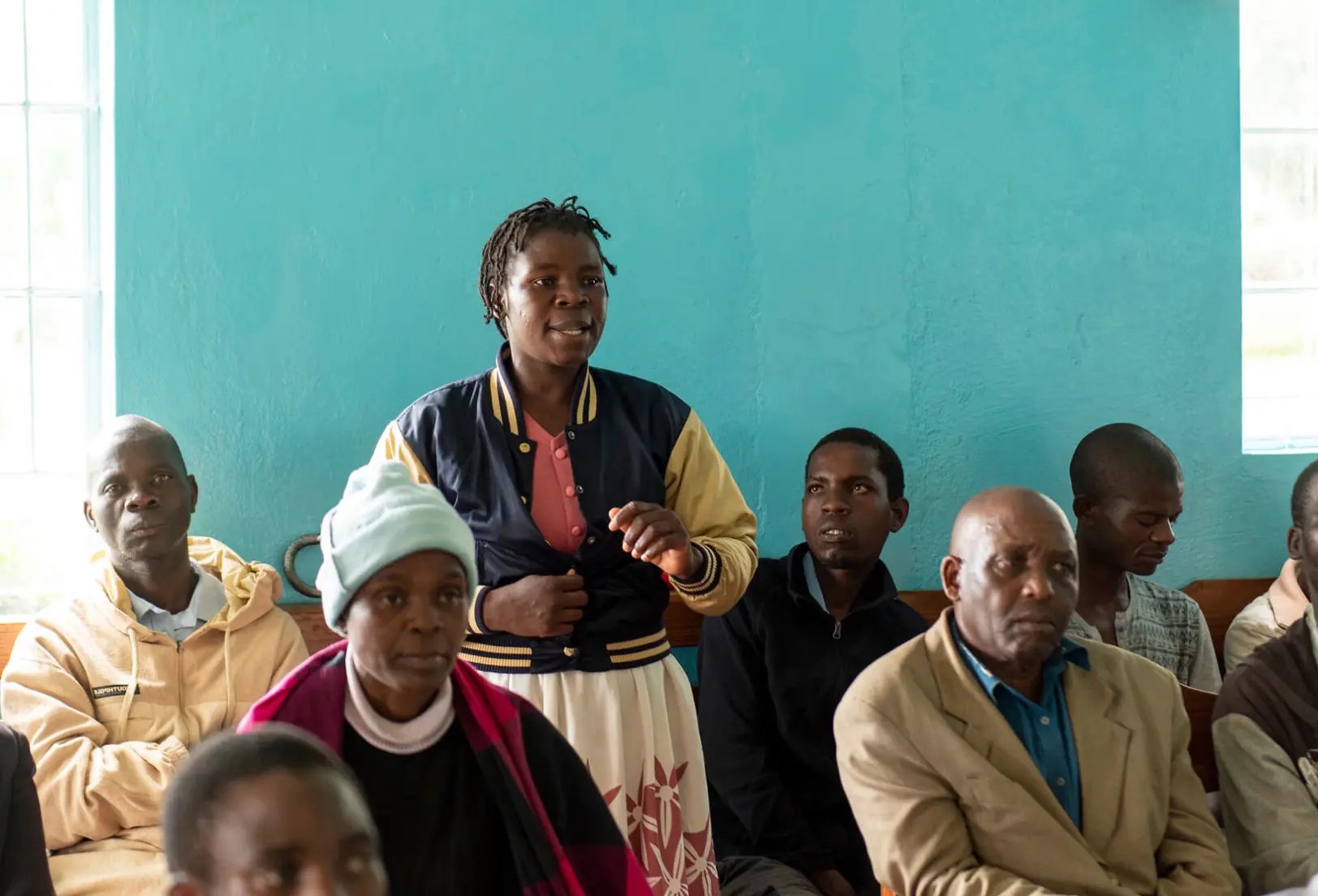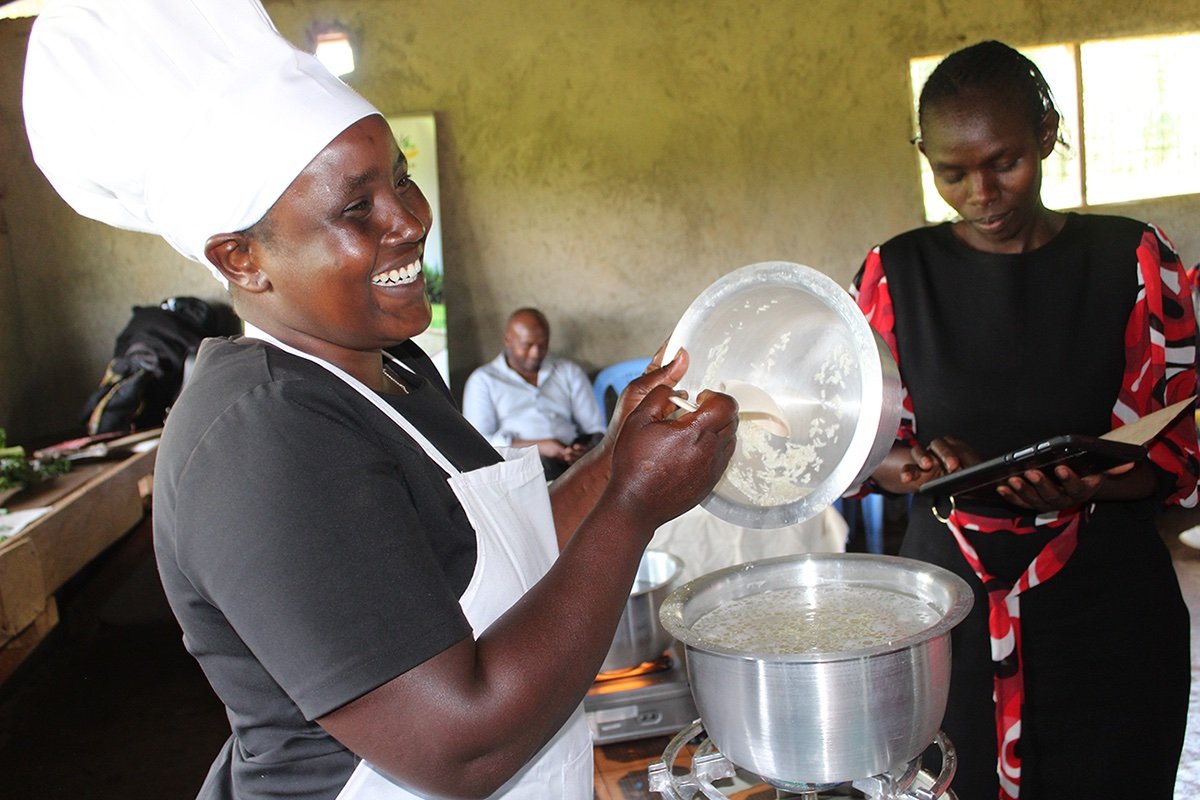In the workshop, participants identified that developing gender-sensitive policies and implementing leadership programmes, which focus on farmers and workers within the communities, are key mechanisms for enabling inclusive leadership.
ETP has used the workshop inputs to design a multi-country programme on transformative and inclusive leadership prioritising the following approaches:
Building a shared understanding of leadership
This includes collaboration, negotiation, respectful conflict-resolution, shared power and accountability. Leadership training is often targeted at women, but in order to ensure that everyone is working to the same leadership goals, we must also invest in building the skills of existing leaders, men and boys.
One of the participating WRO, FEMNET, has developed a mentoring and sisterhood guide for women working in global supply chains.
The guide complements FEMNET’s feminist and transformational leadership training programme which in the past been delivered to women flower farm workers. ETP is working with FEMNET, to adapt the training so that people of all genders in the tea sector can benefit from it.
Valuing women as leaders in all spheres of their lives
Leadership continues to be associated with stereotypical masculine traits, and as a result, women tend to be evaluated more negatively than men as leaders. Yet, across many societies, women play a primary role in building collaborative networks (partly as a result of bearing disproportionate responsibility for unpaid care work) thereby developing essential leadership skills such as empathy, cooperation, and people-management. These skills are often undervalued, overlooked, or even worse, perceived as weaknesses.
If we can change our perceptions of what leadership should look like and if we can stop undervaluing the immense amount of work undertaken by women, we would see increased numbers of women being elected to leadership roles.
KTDA undertook a series of ‘household dialogues’ with smallholder tea farmers to promote equitable decision-making at a household level. The approach encourages household members to communicate on planning and to collaborate on key decisions thereby subtly challenging the expectations of gender roles.

